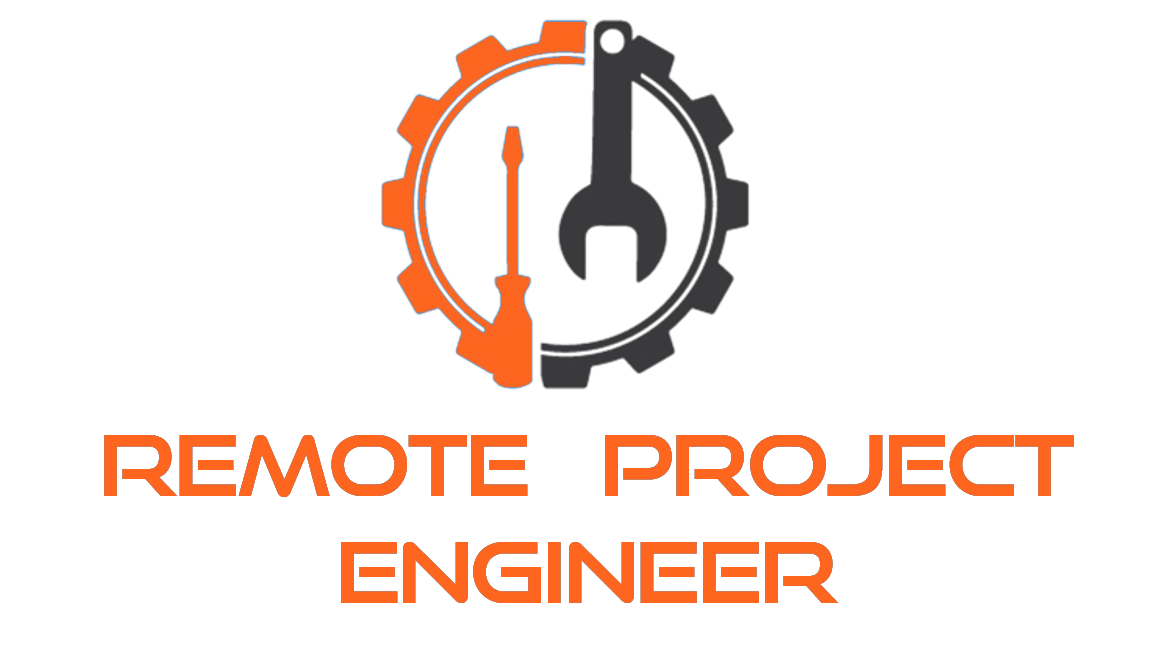- Email Link
- 808-425-1524
- Scottsdale Arizona USA

About Course
EVALUATING TEST CONSTRUCTION PROJECT ENGINEER | In the dynamic field of construction, the cost of a poor hire can be tremendously high—not just in financial terms but also in terms of project delays, safety issues, and diminished team morale. All too often, construction firms, driven by pressing deadlines and the urgency of filling project roles, make hiring decisions that may seem right initially but turn out to be detrimental. This is particularly the case with candidates who are adept at saying the right things during interviews but fail to deliver when placed in the demanding environments of actual construction sites. Such scenarios typically unfold with candidates who might be termed “job hoppers”—individuals whose primary skill lies in securing the job rather than performing it effectively, often leading to critical errors and project setbacks once they are on the field.
The Evaluating Test for Construction Project Engineers was developed in response to these industry challenges. It serves as a strategic tool designed to screen out potential “bad actors” or those whose capabilities do not align with the practical demands and high standards of the construction industry. This comprehensive assessment tool is not just about filtering unsuitable candidates; it’s about ensuring a fit that benefits both the individual and the construction projects they will oversee.
This evaluation test emerged from years of industry observation and discussions with construction company owners who, despite their best intentions, faced recurring challenges with new hires. They expressed a need for a more rigorous vetting process—one that could predict on-field performance more accurately and spare their projects the disruption of hiring mistakes. Our test meets this need by simulating real-world scenarios that require not just theoretical knowledge but the ability to apply that knowledge swiftly and effectively under pressure.
The test encompasses multiple facets of a project engineer’s role, including technical expertise, practical experience, problem-solving skills, leadership ability, communication skills, and a comprehensive understanding of industry standards. Each section is designed to probe deeply into the candidate’s capabilities, providing a multidimensional profile that helps predict how well they might handle the complexities of actual construction management.
Our methodology involves quick-response true/false and multiple-choice questions that not only assess knowledge but also the ability to quickly derive solutions—mimicking the time-sensitive decisions required on site. This approach helps identify candidates who not only know the right answer but can also access and apply their knowledge efficiently when it counts the most.
To further support the development of qualified professionals in the construction industry, the test is complemented by various courses offered at Construction Management Certification. These courses are meticulously designed to fill the knowledge gaps identified during the evaluation process and to enhance the practical skills of construction professionals. By engaging in our continuous professional development programs, candidates can significantly improve their performance and adaptability on the job, ensuring they are well-equipped to meet and exceed the challenges of modern construction management.
For more information on how our evaluation test and subsequent training programs can contribute to your career growth and success in construction management, please visit Construction Management Certification. Here, you will find a range of resources and learning opportunities that can propel your professional journey in the construction industry, turning potential into excellence on every project you undertake.
Course Content
Evaluating Candidates for Construction Project Engineer
Student Ratings & Reviews

No Review Yet


